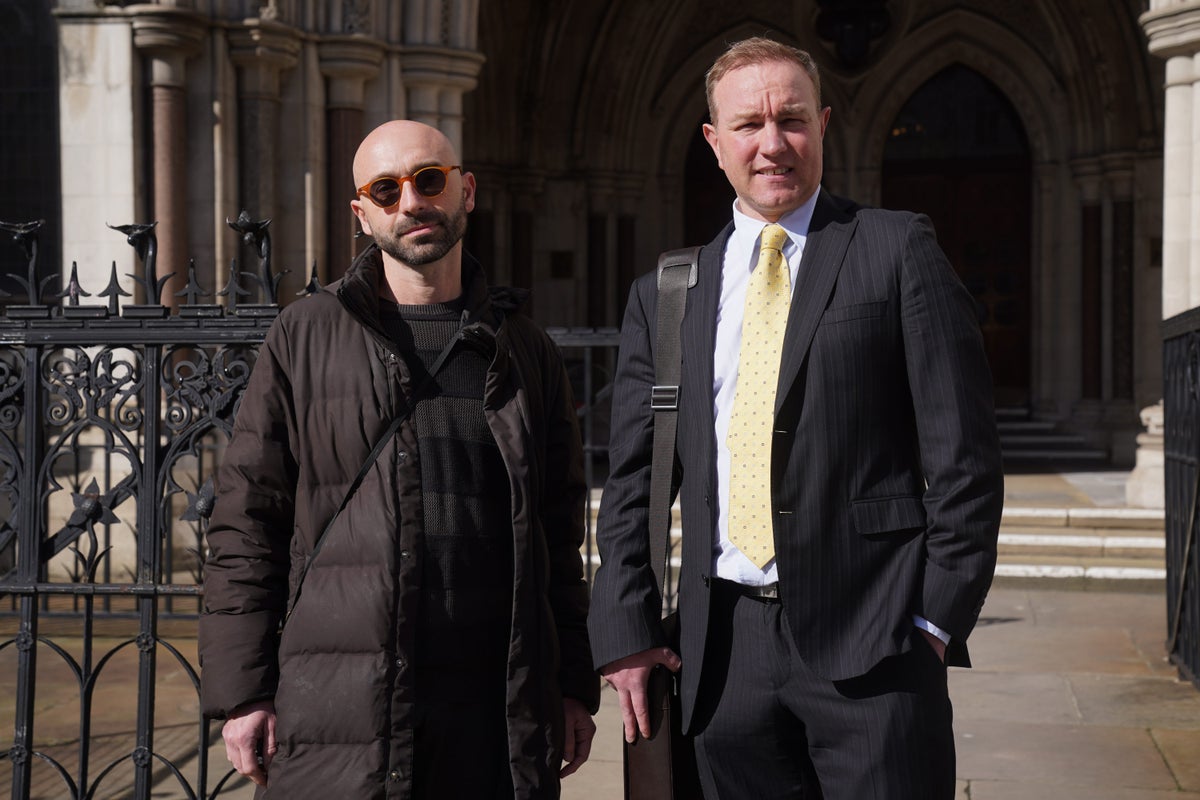T4K3.news
Hayes' appeal granted as conviction overturned
Tom Hayes has won his appeal against the conviction for manipulating Libor rates.

Tom Hayes' conviction for interest rate rigging has been overturned, marking a significant moment in legal accountability.
Tom Hayes wins appeal as Supreme Court overturns Libor rigging conviction
Tom Hayes, known as the first trader imprisoned for interest rate rigging, saw his conviction overturned by the UK Supreme Court on Wednesday. The court ruled unanimously in favor of Hayes after determining that the jury's original verdict, which included eight counts of conspiracy to defraud related to Libor manipulation, was based on misleading judge instructions. Although the jury had ample evidence to consider, the Supreme Court highlighted that Hayes was denied a fair opportunity to defend himself. Having served five and a half years of his 14-year sentence, Hayes now faces the path of rebuilding his life and reputation.
Key Takeaways
"The jury was misdirected by the judge, undermining the fairness of the trial."
This reflects the Supreme Court's rationale for overturning the conviction.
"He was deprived of that opportunity by directions which were legally inaccurate and unfair."
The Supreme Court emphasized the need for fair trial standards in financial cases.
The Supreme Court's decision to overturn Hayes' conviction raises important questions about the justice system's handling of financial crime. It exposes the vulnerabilities in the legal framework surrounding complex financial instruments. This case not only vindicates Hayes but also signals a shift in how such financial disputes may be approached in courts moving forward. The implications could lead to broader reassessments of past convictions linked to financial misconduct, affecting the careers and lives of others in the industry.
Highlights
- Justice prevailed for Tom Hayes, bringing justice to complexity in financial law.
- Financial crime should not come at the expense of due process.
- This verdict challenges the legal frameworks in complex finance cases.
- A significant shift in the handling of financial misconduct cases unfolds.
Concerns about legal precedents in financial crime
The ruling may lead to challenges in previously adjudicated financial misconduct cases, sparking potential backlash.
This ruling may alter the landscape for future cases of financial misconduct.
Enjoyed this? Let your friends know!
Related News

Supreme Court quashes Tom Hayes's Libor conviction

Supreme Court overturns convictions of traders

Traders' Libor convictions overturned by Supreme Court

Supreme Court overturns convictions of two City traders

Supreme Court overturns trader convictions

Supreme Court quashes Tom Hayes’ Libor conviction

Supreme Court quashes Tom Hayes' conviction
Etan Patz case conviction reversed
